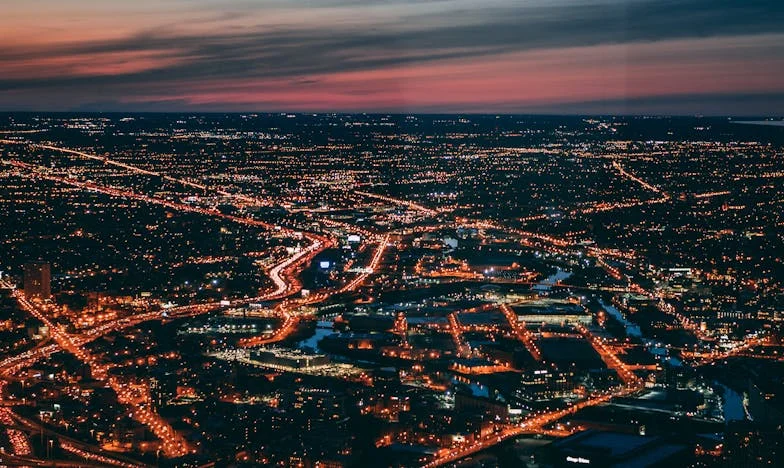The Note I Never Expected: A Morning That Changed Everything
“Don’t walk away from me!” the man shouted, his voice cracking through the cold drizzle that slicked the downtown sidewalks. I froze, my fingers tight around a steaming cup of coffee and a foil-wrapped shawarma I’d just bought to cheer myself up after another suffocating meeting at the law firm. The city moved around us, everyone in their own bubble, avoiding eye contact.
I glanced at him, sitting cross-legged against the wall of the old theater, his clothes layered and ragged, beard streaked with gray. He didn’t look dangerous—just tired, and more alone than anyone I’d ever seen. Guilt prickled at my conscience. I had food, warmth, a place to be. He had… nothing.
I stepped closer, heart thumping. “Are you hungry?” I asked. My voice sounded too bright, almost fake.
He looked up, his eyes surprisingly clear. “More than you know. But it’s not just food I need.”
I hesitated, then knelt beside him, ignoring the chill seeping into my knees. I handed him the shawarma and coffee. He accepted them with both hands, trembling.
“Thank you, miss. You have no idea what this means today,” he said, unwrapping the food with care, as if it were a gift.
I started to rise, but he reached into his coat pocket and pulled out a crumpled piece of paper. “Take this. Don’t read it now. Read it when you get home. Promise me.”
I nodded, half-confused, and tucked the note in my purse.
By the time I got back to my apartment, the sky had opened up. I dropped my wet coat, kicked off my heels, and collapsed on the couch. The morning’s encounter felt surreal. I remembered the note and pulled it out, smoothing the creases. The handwriting was shaky, but the words were clear.
“If you’re reading this, you saw me when no one else did. There was a time when I had everything: a house in Naperville, a wife I loved, a daughter who painted the world in color. Then I lost my job. My wife got sick—cancer. The bills piled up. The bank took the house. She died in a hospice I couldn’t afford. My daughter blamed me. She left. I lost myself. I ended up here. People think it’s drugs or laziness. It’s not. It’s just… life. Too much, too fast. If you have someone you love, call them tonight. Don’t let pride or hurt get in the way. Regret is heavier than any winter. Thank you for seeing me. – Mark.”
I stared at the note, tears slipping down my cheeks. Mark’s story could have been anyone’s—my father’s, my neighbor’s, even my own. My phone vibrated on the table. Mom. I hadn’t spoken to her in weeks, not since our last argument about my job and how I was “too busy for family.”
I let it ring. I didn’t know what to say. I thought about Mark, about the emptiness in his eyes. I had a flashback to my own childhood—the Christmas after Dad left, Mom crying in the kitchen, me hiding in my room, clutching a list of things I’d never say to her.
I wiped my eyes and called her back. “Mom?”
She sounded surprised. “Rebecca?”
“I just wanted to say I’m sorry. For being distant. For not calling. I love you.”
A pause. Then, quietly: “I love you too, honey.”
That night, I couldn’t sleep. I kept thinking about Mark. Was he still out there, alone in the rain? Why did we let people slip through the cracks until they disappeared? I tossed and turned, the city’s sirens and traffic echoing Mark’s words: Regret is heavier than any winter.
All week, I searched for him. I brought extra coffee and sandwiches, but I never saw him again. I started volunteering at the local shelter. I listened to stories—so many like Mark’s. Layoffs, sickness, divorce. People one step away from losing everything. I realized how fragile comfort was in America, how quickly you could fall.
One night, my boyfriend, Chris, confronted me. “You’re never home anymore. You barely talk to me. What’s going on?”
I tried to explain. “I met someone downtown. He changed how I see things. I can’t just go back to pretending it doesn’t matter.”
“So you’re saving the world now? What about us?” He sounded bitter. I didn’t have the energy to argue. I just stared at him, knowing something fundamental had shifted in me.
My family noticed too. At Thanksgiving, my uncle made a joke about “bums on the street.” I snapped. “You have no idea what people go through. You could end up there. Any of us could.”
The table went silent. My mother squeezed my hand. After dinner, she found me on the porch, shivering.
“You’re different,” she said.
I shrugged. “Maybe I needed to be.”
Months passed. I never found Mark. But I carried his note everywhere—tucked in my wallet, a reminder to see people, not just problems. To choose compassion over judgment. To call my mom. To forgive my dad, even if he never called back.
Sometimes, I wonder about Mark’s daughter—if she ever forgave him, if she even knew where he was. I wonder how many people walk past someone like him every day, never knowing how close they are to the edge themselves.
Do we ever really know what someone else carries? Do we stop long enough to ask? What would you have done that morning? Would you have seen Mark, or just hurried by, lost in your own world?
